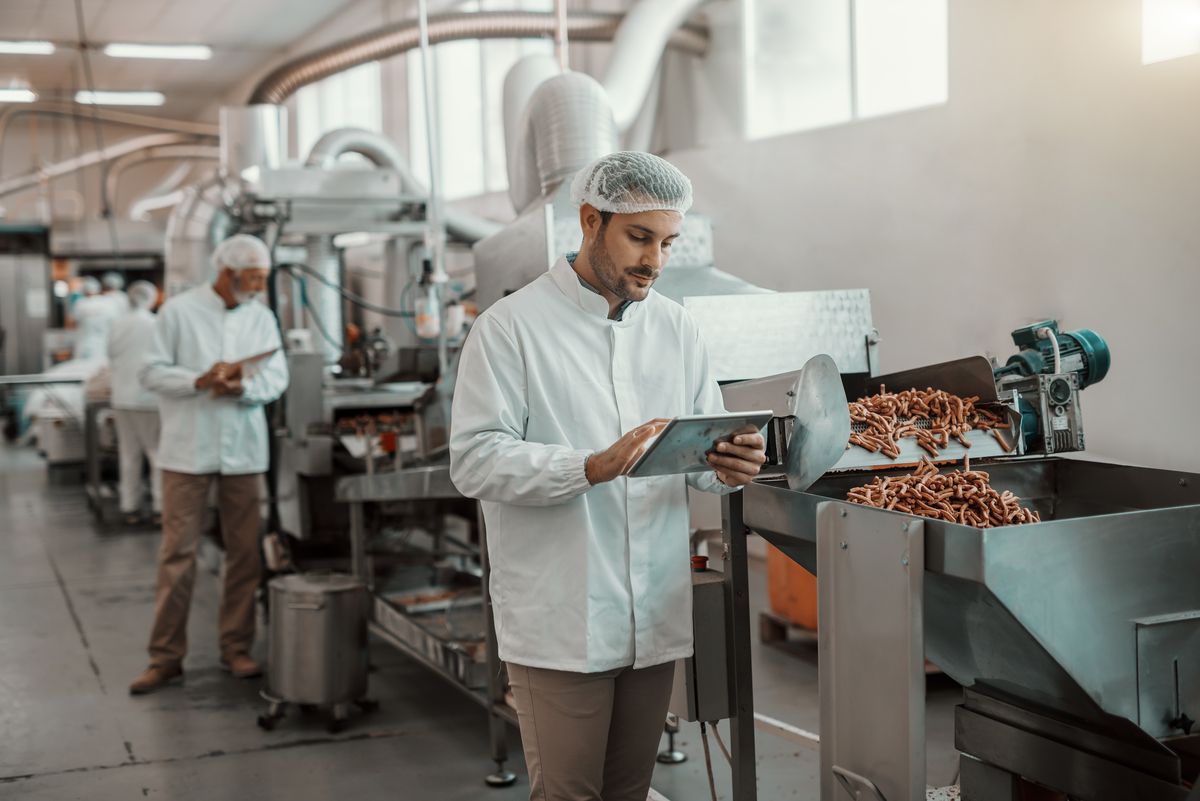Shares of Darling International (DAR 1.10%) jumped by nearly 15% Friday morning, after the rendering specialist announced that it has agreed to acquire the Rothsay subsidiary of Canada-based Maple Leaf Foods for roughly $613 million, with the deal expected to close by the end of 2013.
To put the size of this buy into perspective, Darling's total market capitalization currently stands at just $2.48 billion.
What's more, as I mentioned less than two weeks ago, this represents Darling's second acquisition this month, after its purchase of Terra Renewal Services' used cooking oil collection and industrial residuals operations.
Then again, a quick check of Darling's balance sheet in its most recent quarterly report shows that the company held a little over $133 million in cash, with roughly $250 million in long-term debt at the end of Q2, so it's no surprise Darling's press release states that it intends to finance the transaction through a new secured revolving credit facility and a new term bank loan. Both new facilities will be entered into in connection with the closing of the transaction.
But despite the new debt Darling will incur, there's plenty to like about this acquisition.
In total, Rothsay has a network of five rendering plants across Canada, employs around 550 people, and generated roughly CAD $85 million (or around $80.6 million U.S.) in EBITDA over each of the past two years.
And while the folks at Maple Leaf Foods can't be particularly happy about losing this profitable business, the company does intend to use proceeds from the sale to pay down debt, allowing it to focus on its core food-products business.
Perhaps best of all, however, is that Rothsay also operates a high-quality biodiesel business in Quebec, which includes a plant capable of producing nearly 12 million gallons of biodiesel per year.
For those of you keeping track, remember Darling and oil giant Valero (VLO +2.40%) only last month opened the doors to their Diamond Green Diesel plant, the two companies' joint biodiesel venture capable of outputting 137 million gallons per year. As I also noted at the time, while the DGD project will contribute only around 2% of Valero's already-huge quarterly net income, Darling's earnings going forward should increase by nearly a third.
Two takeaways from today's news
In the end, though, Darling shareholders have learned two significant things from today's acquisition announcement.
First, while the new Rothsay biodiesel plant is significantly smaller than the Darling/Valero DGD operation, this at least shows Darling is serious about expanding its reach in the space. This, in turn, can't sit well with existing biodiesel leaders such as Renewable Energy Group (REGI +0.00%), which itself just completed a biodiesel acquisition of its own, with the 30 million gallon-per-year Mason City plant. That brings the annual capacity of Renewal Energy Group's eight biodiesel plants to over 257 million gallons.
However, considering Darling's DGD plant alone can output more than half that amount, any concerted effort by Darling to truly continue boosting its presence in biodiesel could be a significant threat to more established players in the space.
Second, this is Darling's first international expansion, growing on its existing domestic footprint of 130 locations in 42 U.S. states.
In the end, considering the absolutely necessary long-term nature of the solidly profitable core rendering businesses Darling operates, there's no reason the company shouldn't continue to handsomely reward shareholders while it grows stronger with each passing year.







